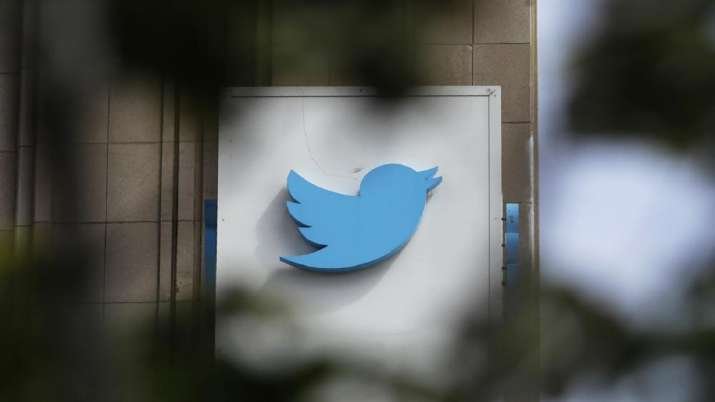As countries similar as India consider classifying social media companies as content publishers, global scrutiny of’ Big Tech’ enterprises is likely to increase. In fact, Australia is planning a broad administrative disquisition into the geste of the world’s largest technology companies.
India and Australia’s conduct come amid growing calls for new regulations to limit the power of technology platforms similar as Meta ( formerly Facebook), AlphabetInc., and Twitter. These enterprises are decreasingly facing antitrust examinations, calls for algorithmic responsibility, and new content temperance programs.
Australian Prime Minister Scott Morrison said last week that the new inquiry will have a broad compass, including asking lawgivers to probe the algorithms used by social media platforms, how the companies corroborate identification and age, and the extent to which these restrictions are executed.
Before this week, Instagram CEO Adam Mosseri disaccorded with US legislators over the print- participating app’s impact on youthful druggies during a contentious hail in which lawgivers argued for stricter government oversight of social- media apps. Senator Richard Blumenthal told Mosseri,’The time for tone-policing is over.’
In India, which is finalising its data protection law, social media platforms will be classified as content publishers. Social media companies are happy publishers who must be” responsible”for the content on their platforms and can not hide behind their”algorithms”when it comes to online detriment, stoner demarcation, and the spread of misinformation, according to Rajeev Chandrasekhar, Union Minister of State for Electronics and IT, in an exclusive interview last month.
The government is concerned about recent exposures by whistleblower Frances Haugen, particularly about an trial in India in which a ersatz stoner’s feed was filled with fake news and hate speech within three weeks of opening the account. Emails transferred to Google and Meta weren’t returned. Twitter directed ET to a recent position paper in which it advised that the”Open Internet” was more vulnerable than ever ahead. According to the microblogging platform, a coordinated,multi-stakeholder strategy is needed to defend a free, secure, and global open internet. Australia has formerly legislated strict new laws taking both tech companies to pay original media for content, and Canberra has proposed legislation taking them to partake the individualities of people who use anonymous accounts if another person accuses them of vilification. Morrison stated,” Big tech has big questions to answer.””Big Tech created these platforms; it’s their responsibility to insure that they’re safe.”
Craig Kelly, an Australian MP who has been permanently banned from Facebook and has been corrected for propagating”seriously misleading” information about Covid-19 vaccines online, has been appointed to a administrative commission probing social media and online safety. Kelly has called for social media companies to be reined in, claiming that Facebook’s conduct are in defiance of congress and constitute indecorous hindrance.




